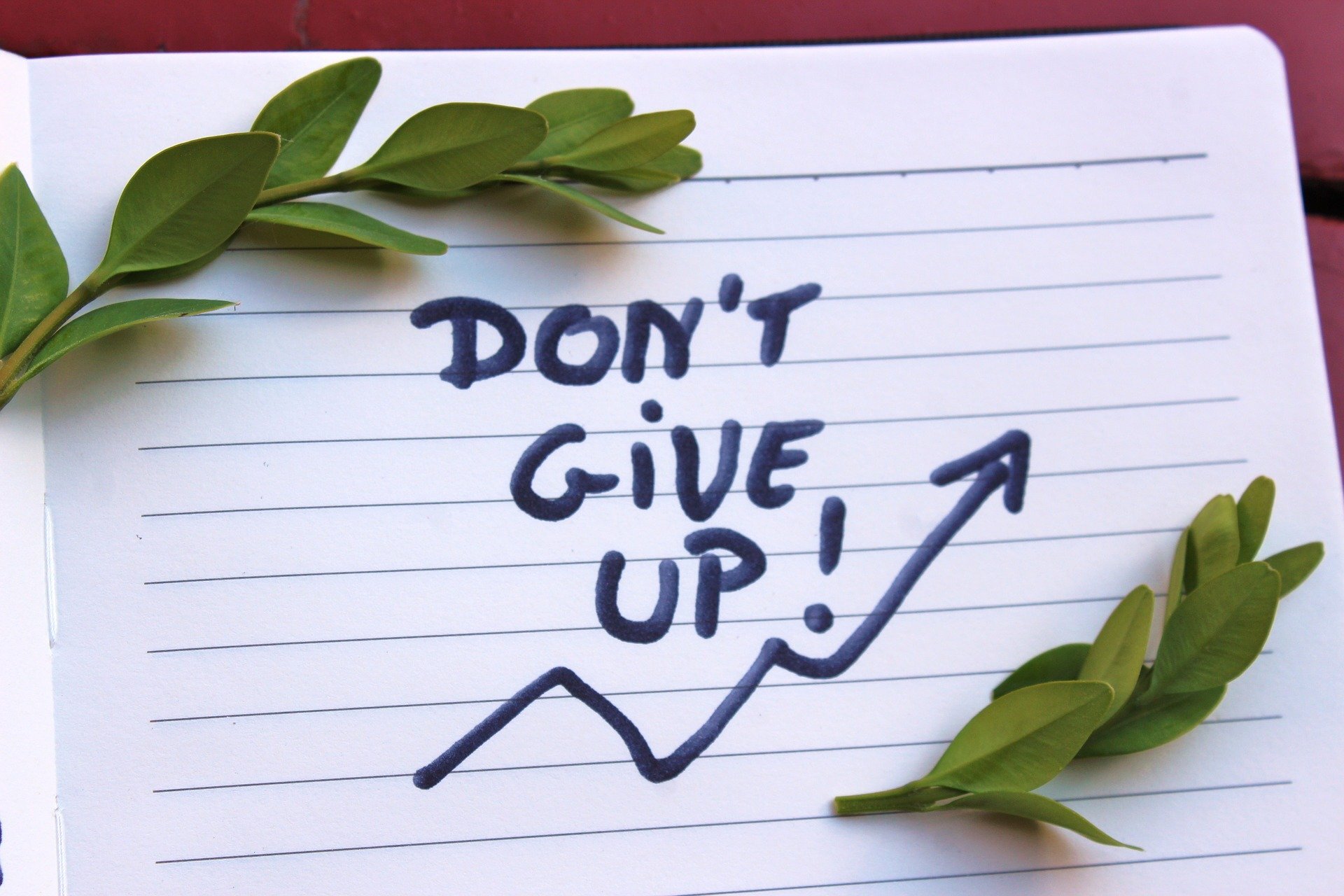The other day I was chatting with an artist friend who is running her own business. We talked about the dual character of art and industry, and the sometimes-frustrating nature of trying to make a living off of our work. We acknowledged that more of our success depends on factors outside our control than say a data entry specialist. People have to choose to buy our work, and then they have to like it to ever want to buy more. And that’s only if we’ve gotten our work to market in the first place.
With that in mind, how do artists stay the course? How do we face rejection, bad reviews, lack of sales, and the annoying commentary from family and friends who lament that they too could write a book if only they had time? Good humor helps. But beyond that, I have a few thoughts to share…
I stay true to my passion.
I’ve committed to writing what I love and what I’m good at. For example, YA is hot right now. I love reading YA, but I have no interest in writing it. Would it be a good sales strategy to add some YA to my repertoire? Maybe. But maybe not, because it’s really not my thing, and as a writer, and I have no passion for it. I stick with what I love to write and try to become the best at that.
I’m realistic.
My income from writing doesn’t pay the bills. I’m blessed to be able to do this work full-time because of a supportive spouse and a savings account. Artistic success rarely happens overnight. I have a friend who’s been on the NY Times best-seller list for more than two years straight. She’s been asked about her “overnight” success and laughs at the question. She was in her mid-forties before her first book was published, and by then she had a bunch of previous manuscripts collecting dust in drawers. Being good at something takes time.
I recognize the things I can control.
I’ve internalized the idea that some of my success requires participation from other parties. Therefore, I focus on the things over which I do have control. Attending to those things makes the whole process much less frustrating. I can control my own professional behavior, my commitment to craft, and my understanding of the industry in which I work.
“Don’t let the fear of the time it will take to accomplish something stand in the way of your doing it. The time will pass anyway; we might just as well put that passing time to the best possible use.”– Earl Nightingale

